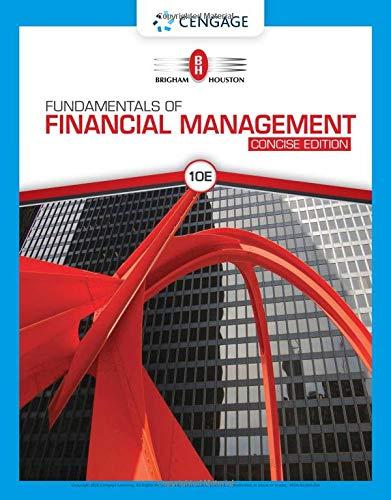Cannon Company wants to expand its business and is evaluating whether to add a new machine to support the expansion. The machine will cost $300,000 to purchase and install. Adding the machine will increase Cannon Company’s annual revenues by $99,000 for the next four years; operating costs, excluding depreciation, will not change if the machine is purchased. In four years, Cannon Company expects to be able to sell the machine for $12,000. The machine will be depreciated according to the MACRS 3-year class of assets. Cannon Company’s marginal tax rate is 20 percent, and its required rate of return is 12 percent. Should CannonCompany purchase the machine? Why?
Net Present Value
Net present value is the most important concept of finance. It is used to evaluate the investment and financing decisions that involve cash flows occurring over multiple periods. The difference between the present value of cash inflow and cash outflow is termed as net present value (NPV). It is used for capital budgeting and investment planning. It is also used to compare similar investment alternatives.
Investment Decision
The term investment refers to allocating money with the intention of getting positive returns in the future period. For example, an asset would be acquired with the motive of generating income by selling the asset when there is a price increase.
Factors That Complicate Capital Investment Analysis
Capital investment analysis is a way of the budgeting process that companies and the government use to evaluate the profitability of the investment that has been done for the long term. This can include the evaluation of fixed assets such as machinery, equipment, etc.
Capital Budgeting
Capital budgeting is a decision-making process whereby long-term investments is evaluated and selected based on whether such investment is worth pursuing in future or not. It plays an important role in financial decision-making as it impacts the profitability of the business in the long term. The benefits of capital budgeting may be in the form of increased revenue or reduction in cost. The capital budgeting decisions include replacing or rebuilding of the fixed assets, addition of an asset. These long-term investment decisions involve a large number of funds and are irreversible because the market for the second-hand asset may be difficult to find and will have an effect over long-time spam. A right decision can yield favorable returns on the other hand a wrong decision may have an effect on the sustainability of the firm. Capital budgeting helps businesses to understand risks that are involved in undertaking capital investment. It also enables them to choose the option which generates the best return by applying the various capital budgeting techniques.
Cannon Company wants to expand its business and is evaluating whether to add a new machine to support the expansion. The machine will cost $300,000 to purchase and install. Adding the machine will increase Cannon Company’s annual revenues by $99,000 for the next four years; operating costs, excluding depreciation, will not change if the machine is purchased. In four years, Cannon Company expects to be able to sell the machine for $12,000. The machine will be
Step by step
Solved in 3 steps









